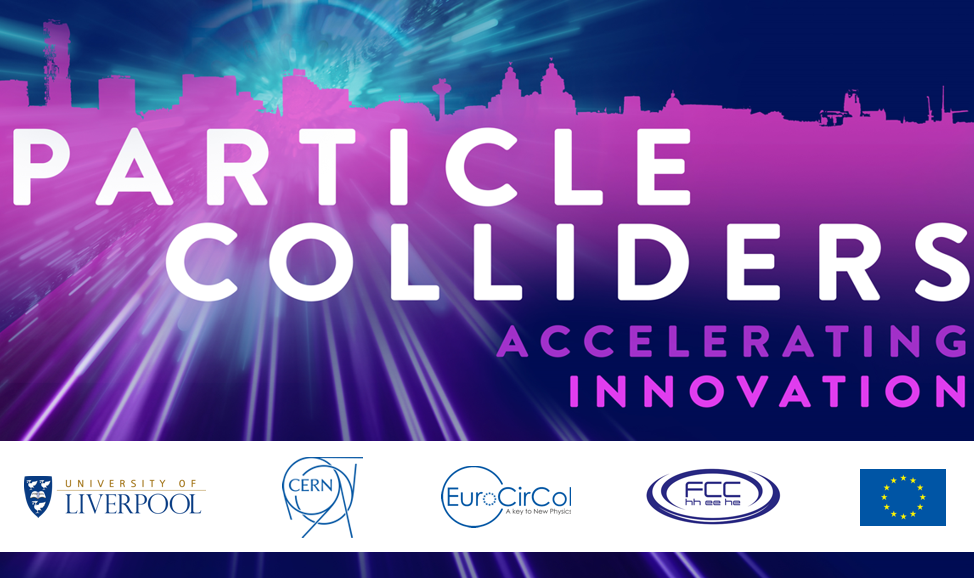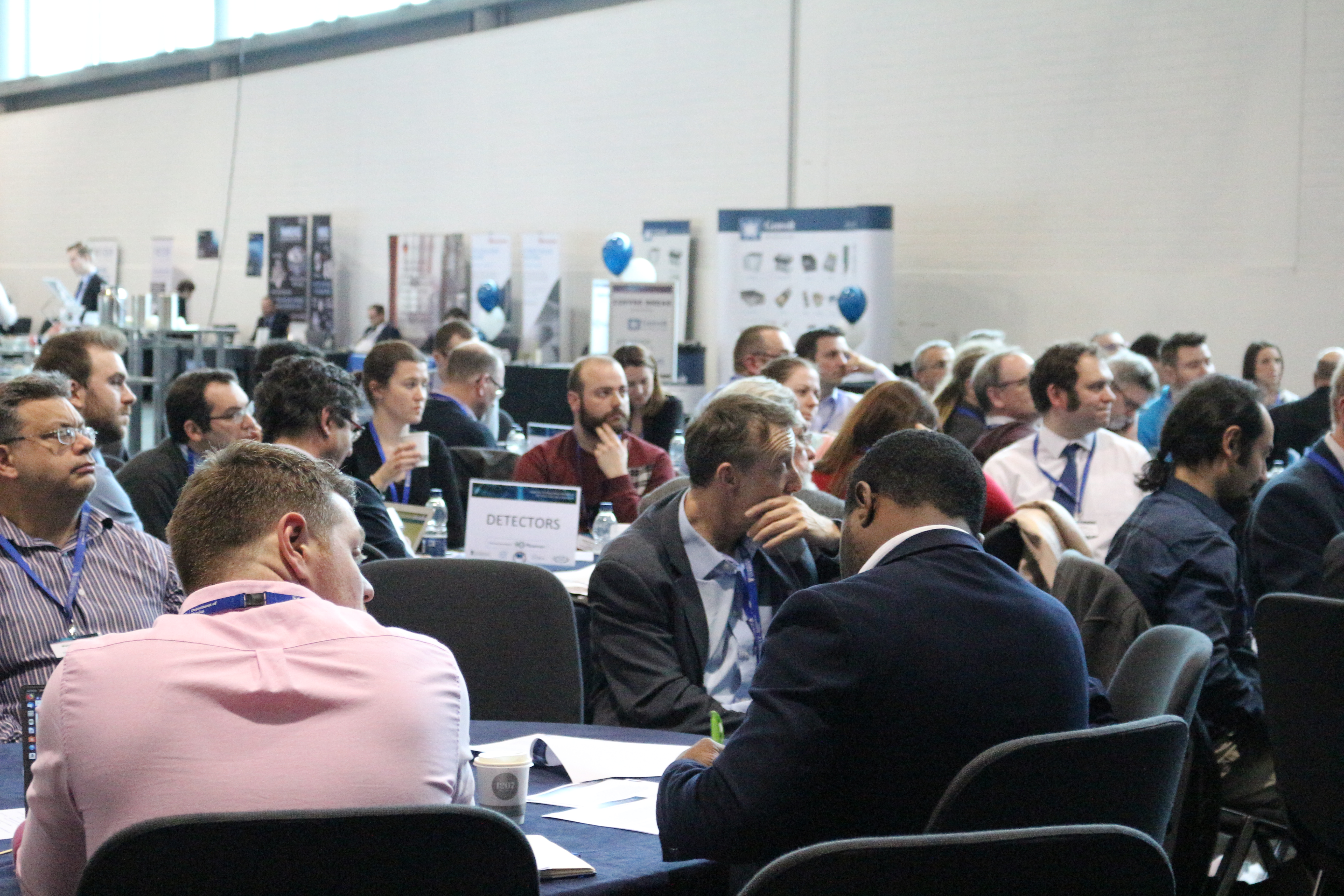Co-Innovation between Academia and Industry
A new collider infrastructure requires pushing numerous technologies far beyond their state of the art. Assisted by a motivated academic community, this situation provides industry partners with powerful test-beds for future markets that come with a high publicity factor. Novel technologies and processes can be piloted with controlled effort engagement. Well-controlled environments allow advancing technologies under conditions that extend beyond conventional product requirements. SMEs are ideal partners to bring these technologies to maturity on the quality level, generating new markets and leading to improved products.
This workshop focused on the strategic R&D programme of FCC, including the technological innovations envisaged within the project, and the benefits for industry in terms of project involvement and product commercialisation. Discussions were not limited to FCC or colliders, but covered all areas of science.
Working groups around each of the following industry sectors were formed to discuss specific opportunities for co-innovation and funding. These areas included:
- Superconducting magnet technologies
- Superconducting RF cavities
- Cryogenics
- Electrical infrastructures
- Resource efficient civil engineering
- Detector development
- Energy efficiency
- Large scale cyber physical systems
- Novel materials and material processing techniques
Participants participated in one of these areas during the workshop.
The following talks were given to help the discussion:
-
CP Welsch, University of Liverpool - Co-Innovation
-
J Gutleber, CERN - Future Circular Collider
-
A Bilton, CERN - Past successes of co-innovation
-
R Holland, Innovate UK - Innovate UK’s support for innovation
Business Development, Department of Physics
is responsible for the management and exploitation of IP generated by R&D in our department. We aim to maximise the outcome of our research to benefit industry, the University and the wider economy.
We will: act as a broker between the University and your organisation, and recognise the value industrial expertise brings to a project; identify the most appropriate funding mechanism to suit the type and needs of our joint collaborative project; manage technology transfer projects to completion.
Contact:
Constantinos Astreos
Business Development Manager
University of Liverpool – Department of Physics,
Email: c.astreos@liverpool.ac.uk


